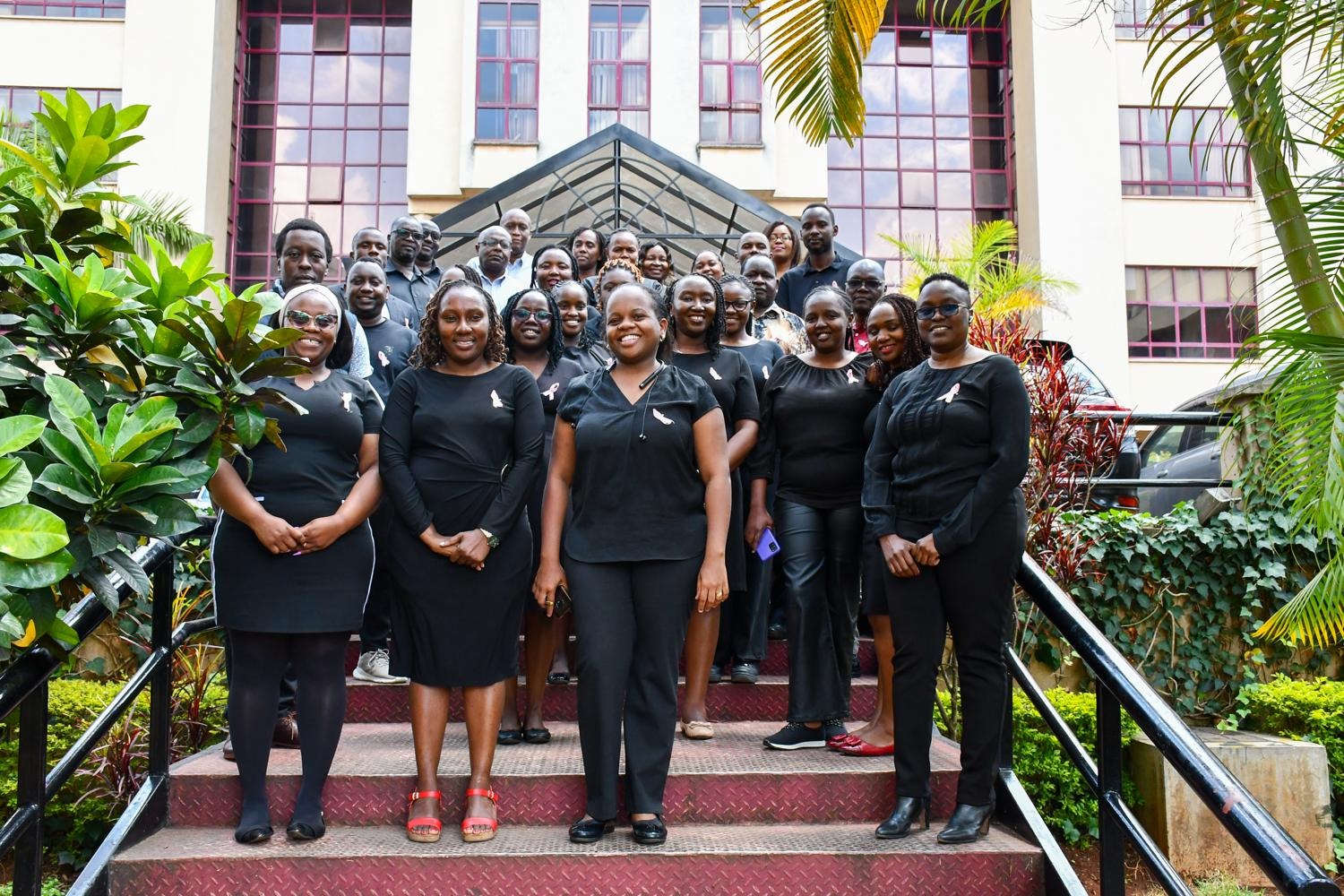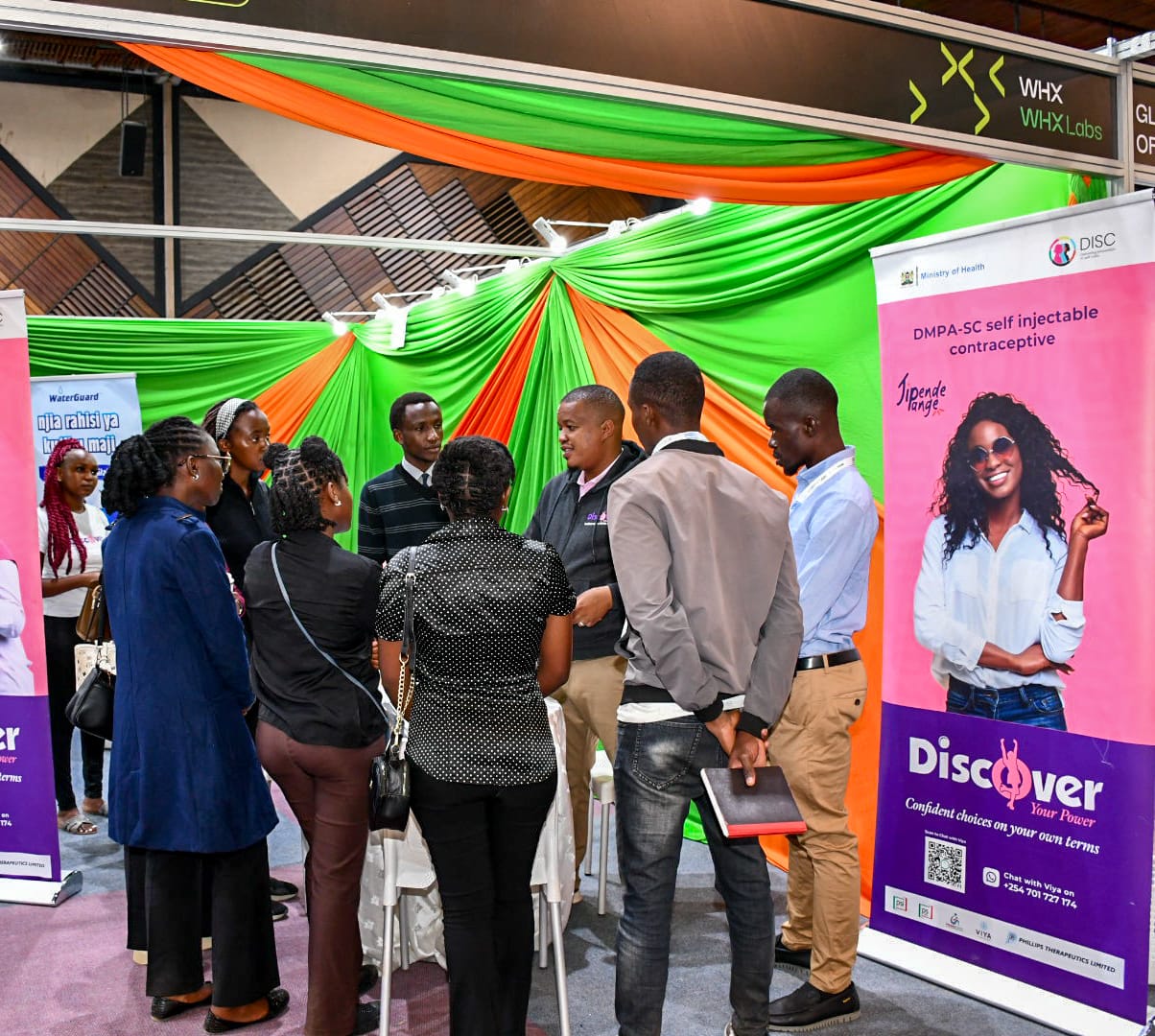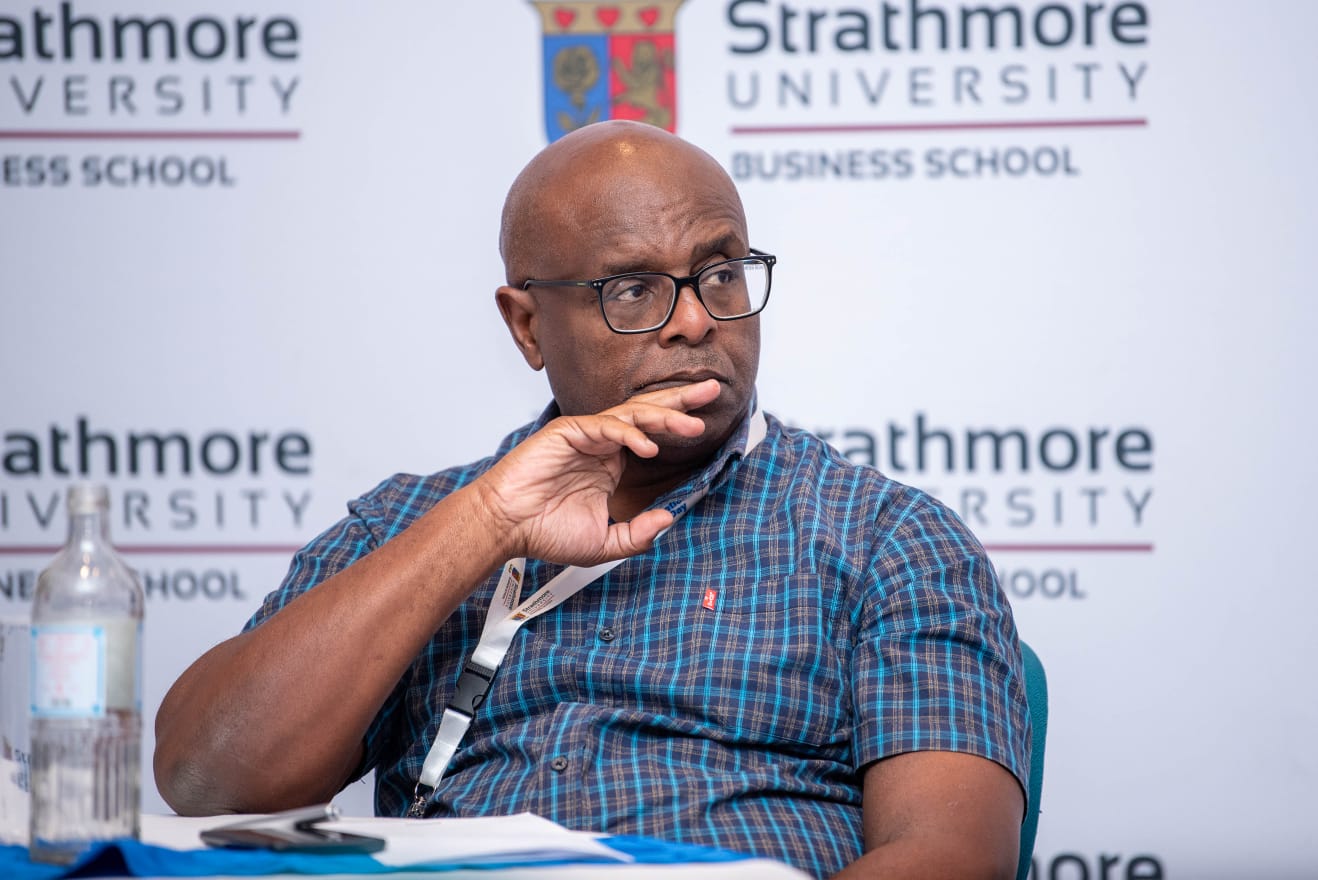The RHNK Conference 2025, held from June 24 to 27, brought together key actors from across Kenya’s health ecosystem to reflect on progress in reproductive health, chart future directions, and share innovations that are advancing equitable care. Under the theme “Reimagining Reproductive Health: Innovation, Integration, and Inclusion,” the conference created space for rich dialogue on delivering national and global commitments, including Kenya’s Vision 2030 and universal access to Sexual and Reproductive Health and Rights (SRHR).
PS Kenya was honored to participate in this transformative convening, which aligns closely with our mission to accelerate positive health outcomes for Kenyans by leveraging partnerships, technology, and health expertise. Our contribution centered on sharing insights from the Accelerate Program, a five-year initiative transforming how SRHR and Gender-Based Violence (GBV) services are delivered in underserved counties.
Implemented in 13 high-burden counties in Kenya, the Accelerate Program is led by a consortium comprising Population Services Kenya (PS Kenya), the Gender Violence Recovery Centre (GVRC), and Population Services International (PSI). It is anchored on three transformative outcomes: Zero Unmet Need for Family Planning, Zero Preventable Maternal Deaths, and Zero Gender-Based Violence and Harmful Practices. To achieve these goals, the program strengthens facility readiness, builds community demand, supports GBV shelters, and fosters systems for integrated SRHR and GBV programming, ensuring that essential health services are accessible, inclusive, and sustainable.
On June 26, a panel session titled “Integrating Sexual and Reproductive Health and Gender-Based Violence: Lessons from the Accelerate Program in 13 Kenyan Counties” provided a platform to share practical implementation lessons, evidence across counties, and strategies for achieving meaningful service integration.
The discussion highlighted the importance of designing health systems that reflect the interconnected nature of SRHR and GBV. Participants shared how Accelerate has supported more than 425 health facilities to provide both SRHR and GBV services under one roof, linking family planning, STI management, maternal health, post-violence clinical care, and psychosocial support. Through demand- and supply-side interventions, the program has reached over 33,000 survivors of survivor centered that are timely, respectful, and survivor-centered.
Evidence played a key role in shaping the discussion. Insights gathered from community-based learning sites have informed strategic adaptations throughout the program’s life cycle, such as the expansion of shelter services for survivors and the need for provider training tailored to the realities of local health systems. County-level experiences reinforced the value of collaboration across public, private, and community structures to sustain impact.
The session also addressed systemic challenges, such as supply chain gaps in the provision of family planning commodities, particularly within the private sector. Participants called for a more market-responsive and resilient supply chain, a core principle of Kenya’s Total Market Approach (TMA), which recognizes the contributions of all sectors in meeting population needs.
As the conference concluded, one message stood out: integrated programming is not only possible, it is essential. Lessons from the Accelerate Program affirm that when systems are aligned, communities are engaged, and services are deliberately linked, health outcomes improve, and people’s dignity is upheld.
The Accelerate team was proud to contribute to this important national dialogue and remains committed to building partnerships that ensure every person, regardless of where they live, has access to comprehensive, respectful, and quality care.



